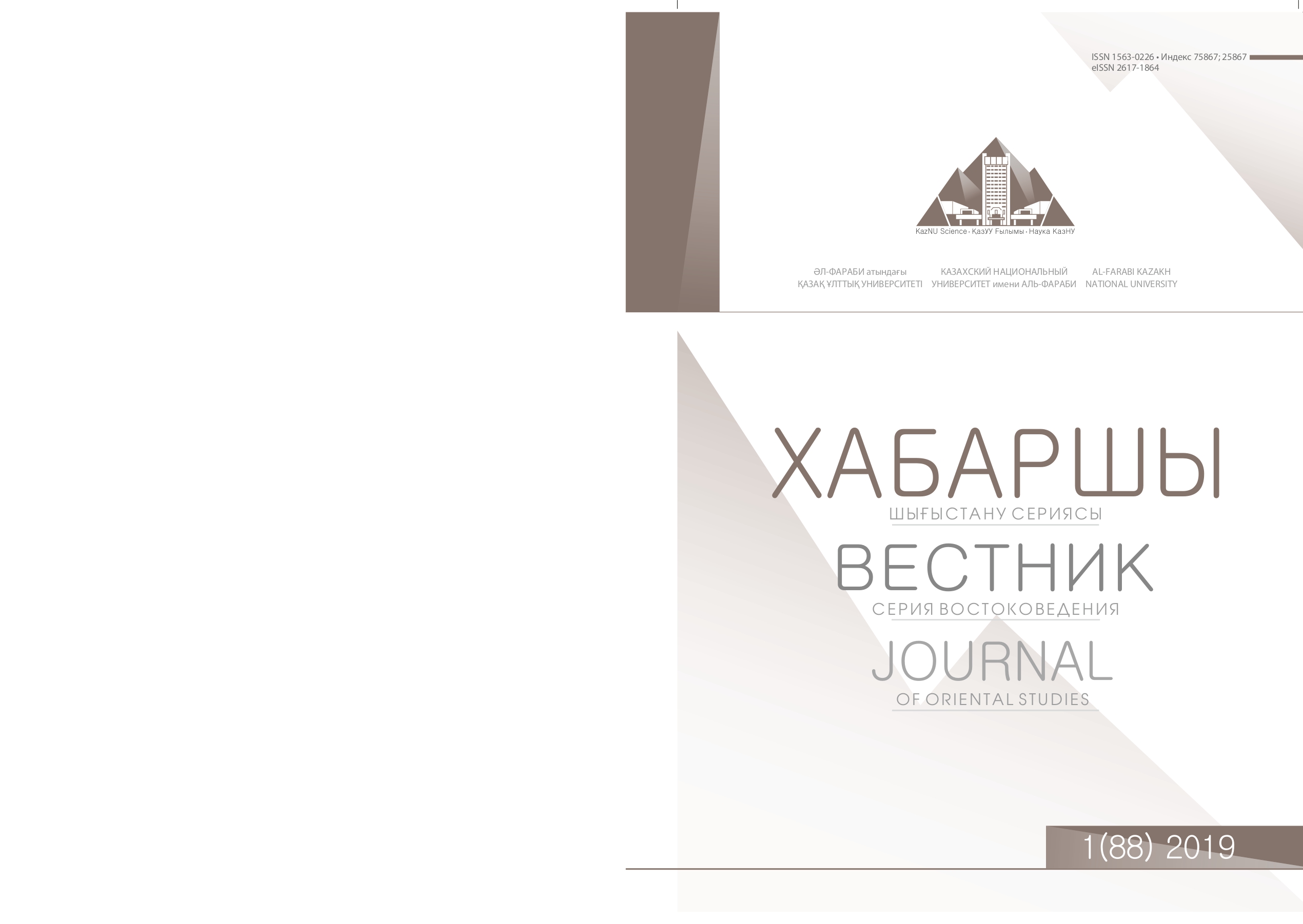THE MODEL AND COMPONENTS OF INTERCULTURAL-COMMUNICATIVE COMPETENCE
DOI:
https://doi.org/10.26577/jos.v88i1.1348Abstract
The article discusses the methodological composition of the didactic process of forming cultural competence as an interdisciplinary process, from a general idea to a series of successive stages of devel- opment of future activities, from specifically programmed actions to a precisely predetermined result, that is, the practical application of lingual-cultural skills in intercultural communication activities. The result of the model and the product of modeling are a functional category that produces the object of research and study. Among the definitions of “modeling” and “model” scientific knowledge or tools that describe, reproduce, replace, simplify or choose the original object are the basis for determining the abil- ity to implement the “model” of the two modeling functions are recommended to use:
- systemic-cognitive, allowing to present the category “knowledge content” as a systemic and inte- gral structure representing the original object;
- formative function, which allows using the model as a teaching tool, which is important in the pedagogical process and constructs the model object (educational content) as a way of constructing new potential states as a “prototype”. The main method of the research is the analysis of theoretical
Key words: diplomatic terminology, intercultural, discourse, model words.














